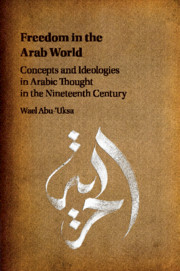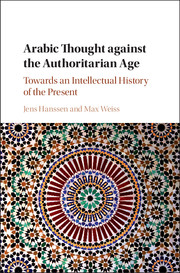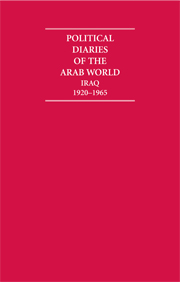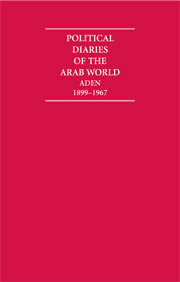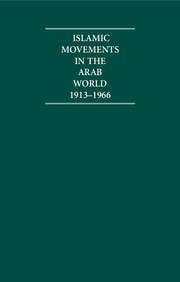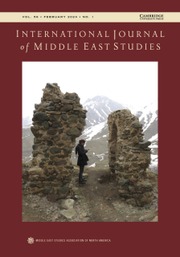Freedom in the Arab World
A preoccupation with the subject of freedom became a core issue in the construction of all modern political ideologies. Here, Wael Abu-'Uksa examines the development of the concept of freedom (hurriyya) in nineteenth-century Arab political thought, its ideological offshoots, their modes, and their substance as they developed the dynamics of the Arabic language. Abu-'Uksa traces the transition of the idea of freedom from a term used in a predominantly non-political way, through to its popularity and near ubiquity at the dawn of the twentieth century. Through this, he also analyzes the importance of associated concepts such as liberalism, socialism, progress, rationalism, secularism, and citizenship. He employs a close analysis of the development of the language, whilst at the same time examining the wider historical context within which these semantic shifts occurred: the rise of nationalism, the power of the Ottoman court, and the state of relations with Europe.
- Proposes a new view of the history of ideas in the Middle East
- Offers a new perspective on Arab modernity
- Contextualizes Arabic thought in a broader spectrum that goes beyond the borders of Arab civilization
Product details
No date availableHardback
9781107161245
245 pages
235 × 160 × 18 mm
0.5kg
Table of Contents
- Introduction
- 1. The politicization of freedom, 1798–1820
- 2. A conceptual view of Arabic modernity through two key concepts, 'civilization' and 'progress' (tamaddun and taqaddum)
- 3. Burdening the political aspects of freedom: the formative period, 1820–60
- 4. The construction of modern ideologies in Arabic, 1860–82
- Conclusion
- Bibliography
- Index.

